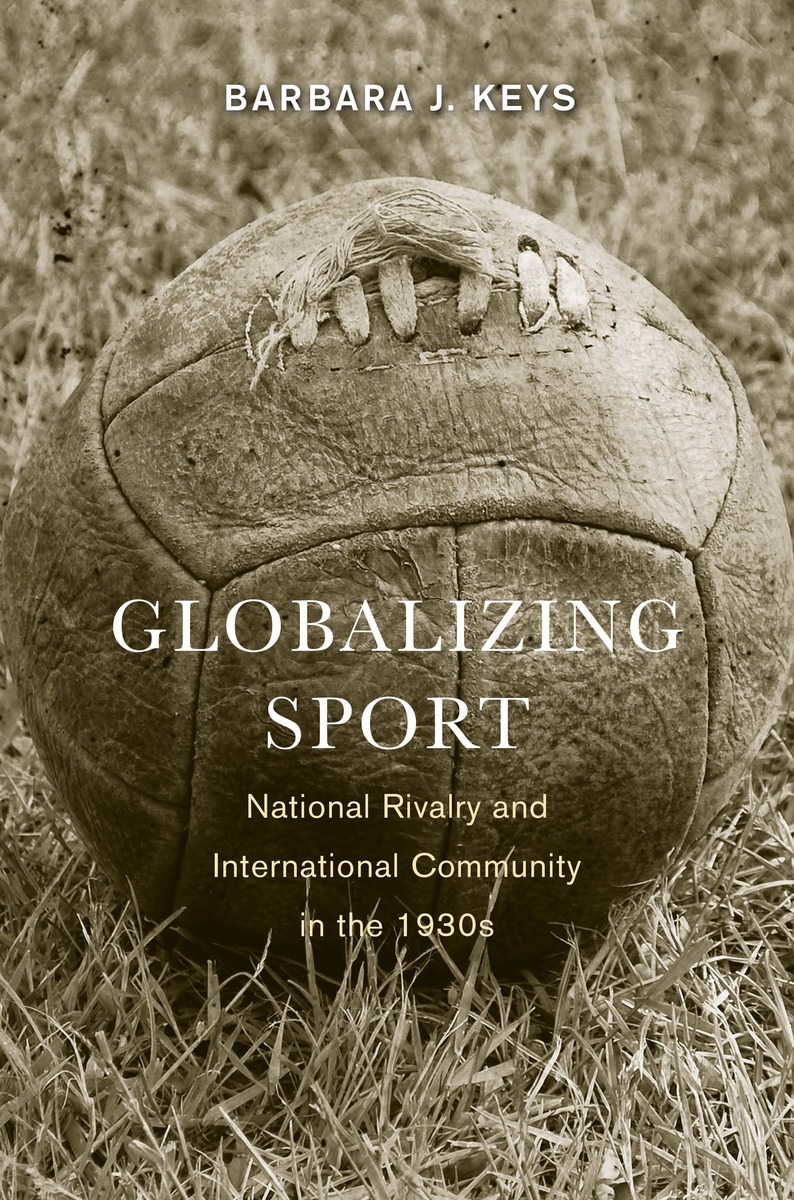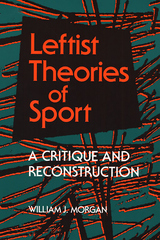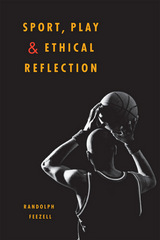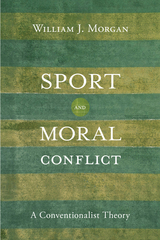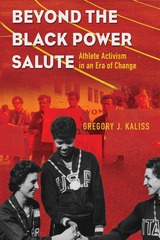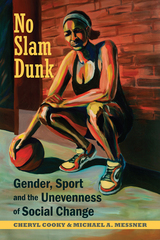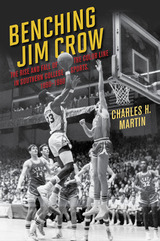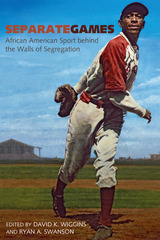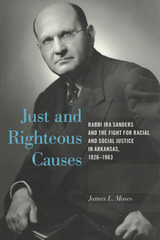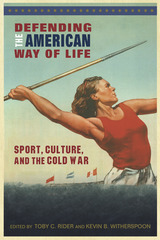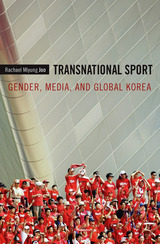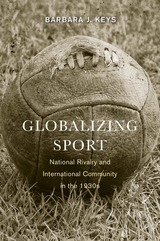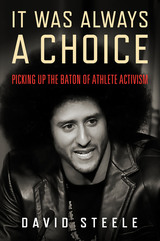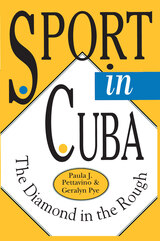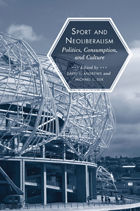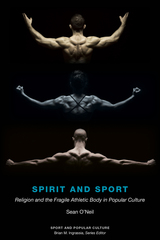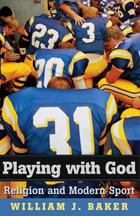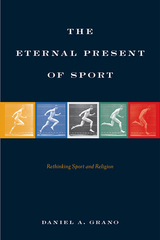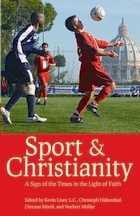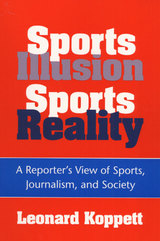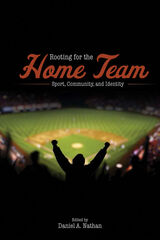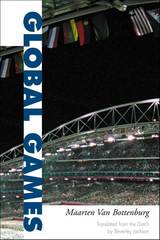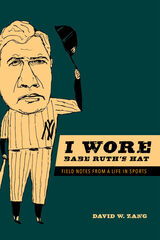A meticulously researched and tightly argued study of a historical trajectory intertwining the dissemination of sport, the rise of an ‘imagined’ global community, and transnational cultural formation in the early 20th century. The book is truly remarkable in its analytical sophistication, breathtaking in the depth and breadth of its multinational archival foundation, and eye-opening in its elucidation of previously overlooked connections between disparate historical forces breaching the boundaries of national history.
-- Sayuri Guthrie-Shimizu H-Diplo
International history rewards ambition, and if such reach produces lacunae, it is more than compensated for by the new insights such work brings. Globalizing Sport is such an ambitious work. It is an exemplary example of the ‘new diplomatic history,’ and will provide inspiration for scholars seeking to incorporate cultural history into the study of international affairs.
-- Daniel Gorman Canadian Journal of History
Keys notes that the growth of international sport occured despite the Depression, ideological conflicts, and chauvinism. Sport grew in that seemingly hostile setting through its mass appeal and ability to consolidate group identity at local and national levels, and by providing a means to mediate between national and international identities, which involved acceptance and adoption of such values as competition, hierarchy, high achievement, individualism, and universalism… Keys presents a smartly argued, innovative theory. The book is an important contribution to the history of sport and the history of international relations.
-- Steven A. Riess Journal of American History
Through accessible, crisp writing and impressive research in U.S., German, Russian, and Swiss archives, Keys…details the rapid growth of international sport despite the inhospitable nationalistic environment of the 1930s. In order to elucidate sport’s peculiar potency as the means of mediating between national and international identities, Keys analyzes the 1932 Olympics in Los Angeles (whose publicity was practically hijacked by the Hollywood glitterati), Adolf Hitler’s 1936 Berlin Olympics, and Josef Stalin’s early sovietization of soccer as examples of how nation-states joined the global sport system to promote nationalist—if not chauvinistic—objectives and, yet, fomented internationalism. Although clearly demonstrating that sport tends toward indigenization and xenophobia (best illustrated by Friedrich Ludwig Jahn’s German gymnastics movement in the early 19th century), the author emphasizes the transnational origins and connections of modern sport.
-- E. A. Sanabria Choice
This fascinating book charts the development of international sport as a key component of the rapidly evolving cultural contacts between nations in the early twentieth century. Keys examines how the United States, Soviet Union, and Nazi Germany attempted to use international sporting events both to cement their standing in the world community and to send important global messages about their governments and policies. An important, potentially groundbreaking study.
-- Michael L. Krenn, author of Fall-Out Shelters for the Human Spirit: American Art and the Cold War
With deep research in American, German, and Russian sources as well as those of international organizations, accompanied by very wide reading in cultural history, Barbara Keys has written an engaging account of the evolution of international sports in the 1930s. The writing is always clear, even arresting. Globalizing Sport is a tour de force.
-- Ernest R. May, Harvard University
What an original and exciting book! Other scholars have treated sport seriously, but this fascinating new study elevates our understanding of the place of international sport to a level of importance far higher than the purely symbolic plane to which it is typically consigned. Besides telling the fascinating story of internationalism in sport in the 1930s, Barbara Keys also provides fresh insights into the functioning of modern international relations in general. As she makes wonderfully clear, sport is a striking example of the autonomous power exerted by the non-political aspects of global society. No doubt about it: this work is destined to become a model for other scholars in the burgeoning new field of international history.
-- Frank Ninkovich, St. John’s University
